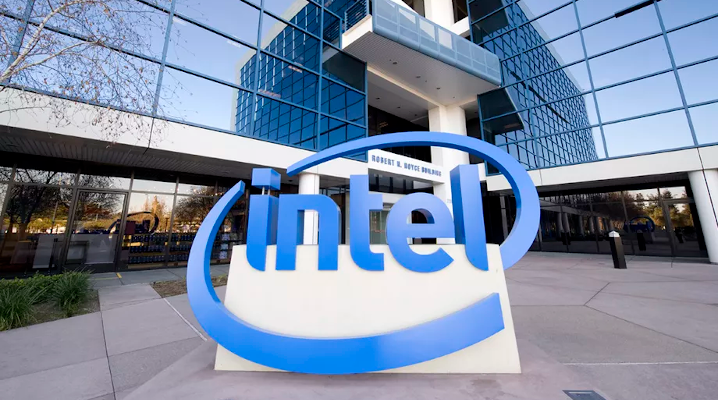 POLICY
POLICY
 POLICY
POLICY
 POLICY
POLICY
Intel Corp. took a swipe at Qualcomm Inc. in a court filing today, blaming the company’s controversial business practices for forcing it to exit the mobile modem market.
Intel sold its mobile chip unit, related intellectual property and equipment to Apple Inc. in July for $1 billion. The transaction came shortly after the iPhone maker struck a chip supply deal with Qualcomm to use its competing silicon in future devices. Apple had previously brought some of the modems powering its handsets from Intel, including the modem that ships inside the latest iPhone 11.
The chipmaker said in the court briefing today that it sold the mobile modem unit to Apple at “a multibillion-dollar loss” compared with how much it had invested to build up the business. Intel filed the brief with the 9th Circuit Court of Appeals in a bid to lend its support to an antitrust lawsuit the Federal Trade Commission is pursuing against Qulacomm.
The FTC scored a major victory in May when a U.S. District Court found some of Qualcomm’s business practices violate competition laws. Judge Lucy Koh ruled that the chipmaker charges “unreasonably high” fees from handset makers such as Apple and ordered the company to make a series of major changes to how it sells its technology. The decision mandated, among other things, that Qualcomm end its practice of requiring customers to buy expensive patent licenses as part of chip deals.
Intel General Counsel Steven Rodgers fleshed out the company’s position in a blog post that accompanied the court brief. “Intel fought for nearly a decade to build a profitable modem chip business,” he wrote. “We invested billions, hired thousands, acquired two companies and built innovative world-class products that eventually made their way into Apple’s industry-leading iPhones, including the most recently released iPhone 11. But when all was said and done, Intel could not overcome the artificial and insurmountable barriers to fair competition created by Qualcomm’s scheme and was forced to exit the market this year.”
Intel is not the first chipmaker to have accused Qualcomm of forcing it to exit a contested market segment. Previously, Icera Inc. filing a lawsuit charging that the company had used unfair tactics to shut out rivals from 3G baseband chip deals and reduce competition. The European Union hit Qualcomm with a a 242 million-euro fine this year after an investigation upheld Icera’s arguments.
The FTC’s antitrust suit against Qualcomm is expected to go before the 9th Circuit in January.
THANK YOU